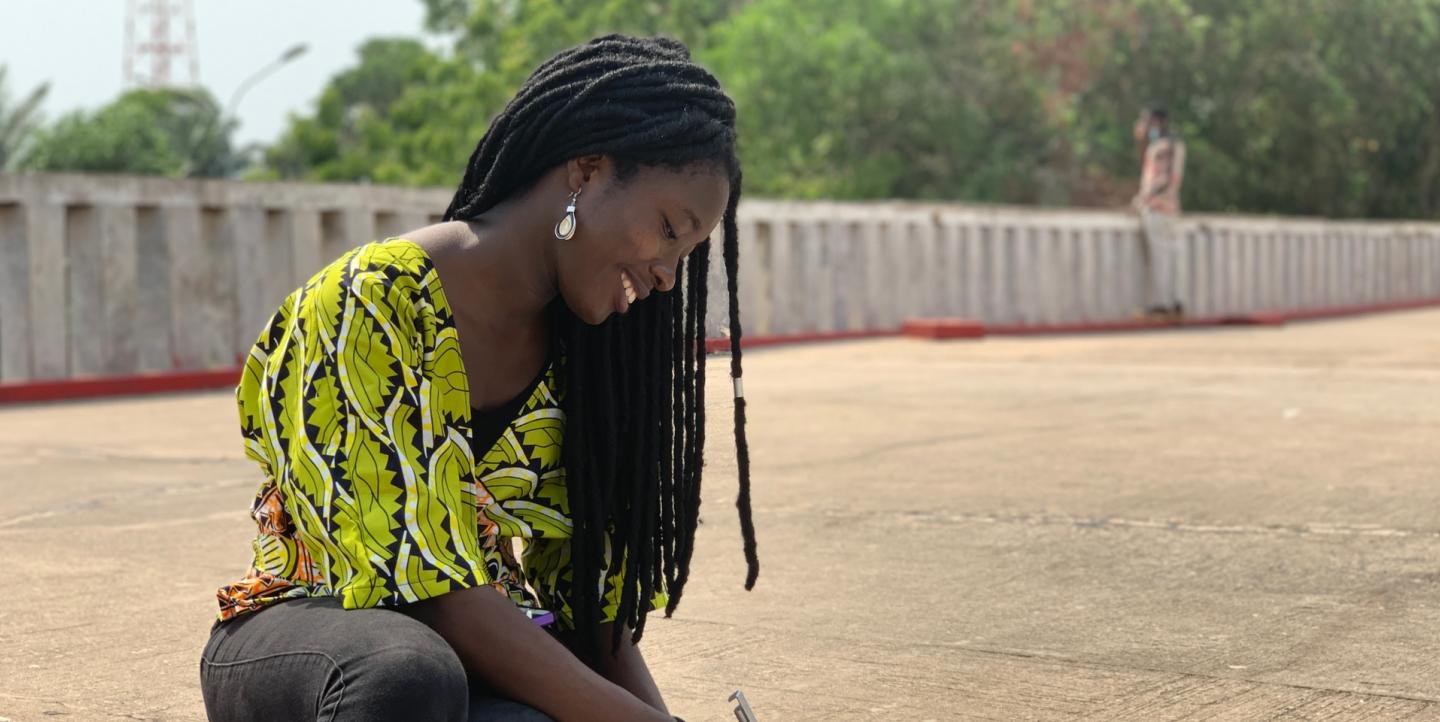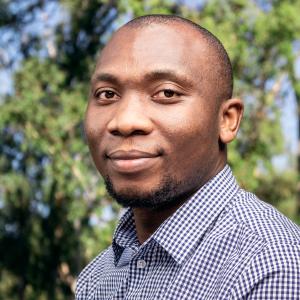In Nigeria, women’s representation in news coverage is lacking.
Women are more likely to be included in coverage of entertainment and domestic household issues, for instance, than they are in reporting on politics, education, health and the environment, according to a 2020 research study of national newspapers in the country. When they do appear in news coverage, the tone tends to be negative.
WFM 91.7, a Nigerian women-led radio station launched in 2015, has sought to address this deficit. The outlet spotlights women and the issues they face, focusing on issues such as women’s representation in politics, maternal mortality, gender equity and gender-based violence.
“Women’s issues seem to be relegated to the background,” said Esther Alaribe, programs manager at WFM 91.7. “That is why we want to do something different, by devoting time to the cause of women and ensuring that we keep [their] issues at the front burner and give [them] visibility.”
WFM 91.7 founded the Women Radio Centre in 2022 with funding and support from ActionAid Nigeria, U.N. Women, the Nigerian Women Trust Fund, and the MacArthur Foundation. The initiative trains female investigative reporters in newsrooms across Nigeria to produce stories that investigate issues of public interest.
“The goal is [to be] able to train female journalists who work for different newsrooms [so that] they have the skillset to be able to produce investigative and incisive reports,” said Alaribe.
Training women journalists
Through its Female Investigative Reporting Training, a program within the center, reporters are trained on critical skills to cover underreported issues affecting women. The training addresses storytelling, journalism ethics, and how to access important documents. It also dives into investigative journalism techniques, fact-checking, data journalism and digital security.
After the training, participants are paired with experienced mentors from leading broadcast and print outlets in the country for coaching and editorial guidance on their field reporting. The reporters also pitch stories for grant funding from the Centre.
More than 135 journalists have participated in the investigative training program to date. Last year, the Centre also trained 75 political reporters from across Nigeria on how to accurately report on the country’s general elections.
“[The training] was well organized [and] went beyond my expectations,” said one trainee, freelance journalist Rukaiyatu Idris. “The trainers were able to break things down and relate their presentations [to] what journalists encounter in the field.”
Mariya Shuaibu Suleiman, a multimedia journalist with BUK FM who participated in the Female Investigative Reporting Program in 2023, said she didn’t have prior knowledge or skills on investigative reporting. “The training exposed me to the realities of investigative reporting,” she said. “It equipped me with skills which I apply in my own work.”
Creating stories with impact
Using skills gained from the training, Idris is currently working on a story about how survivors of gender-based violence are seeking justice in Borno, a city in northeast Nigeria.
“The training contributed a lot to my story development, starting from the coaching, because I was assigned mentors who I communicated the progress of my reporting to,” said Idris. “[Learning] how to convince sources to open up and how to structure [my] report into a storytelling format has really shaped [it] to be a compelling one.”
Other stories produced by trainees include an investigation into how Boko Haram insurgency survivors with HIV are stigmatized, and the impact of secessionist protests in southeastern Nigeria in response to heightened levels of violence against women and its economic consequences.
Angea Nkwo, the journalist covering the protests, said participating in the training was “an eye-opener.”
“I had access to some of the best brains in the media space who shared insights,” she said. “I made amazing new friends and learned how to produce reports especially from a woman's perspective, how to analyze a report, gather information and sources, and most importantly tell women's stories.”
Plans are in place to train more women reporters across the country, said Alaribe.
“We are beginning [to notice] that women are now [more] comfortable to talk about their own issues,” she said.
Photo by Iwaria on Iwaria.


